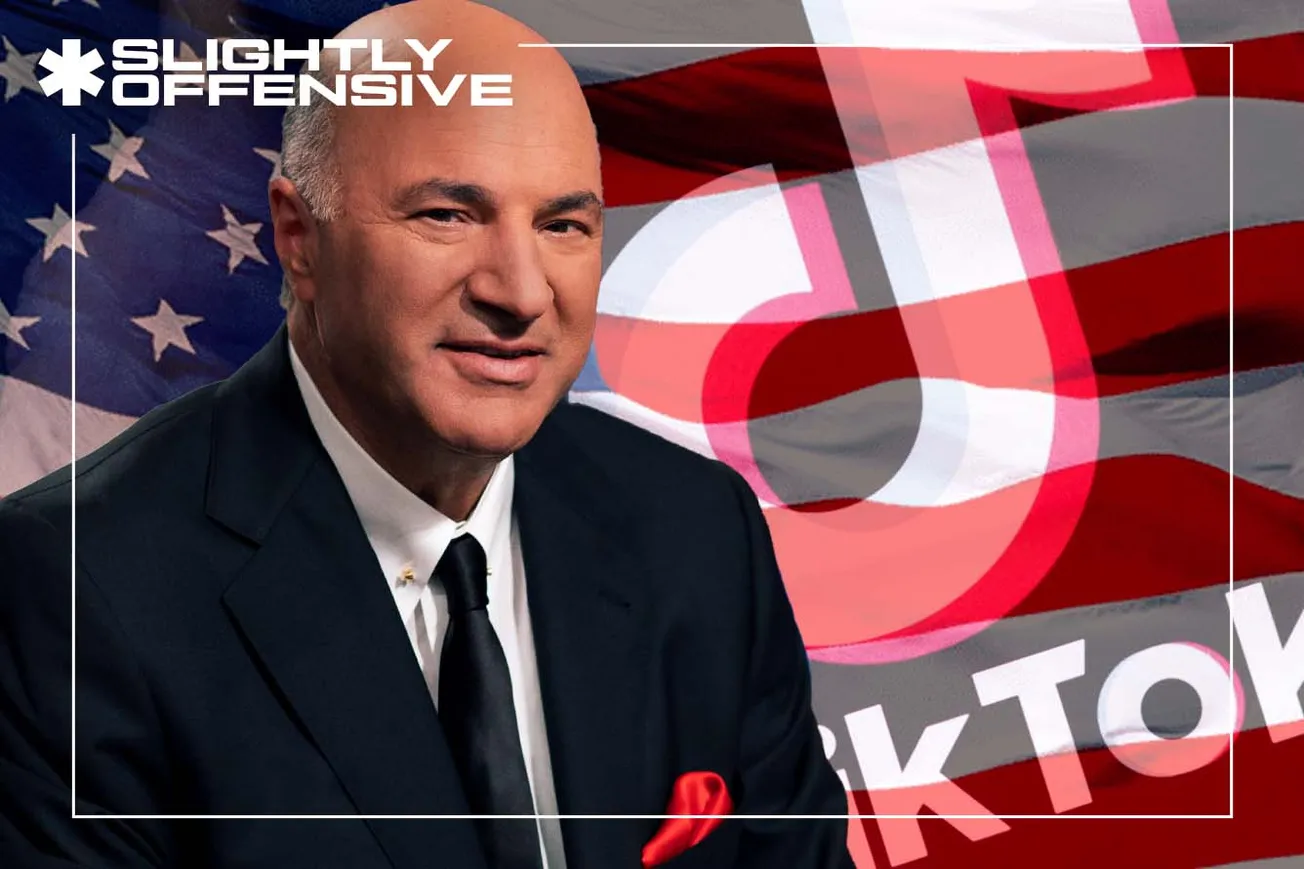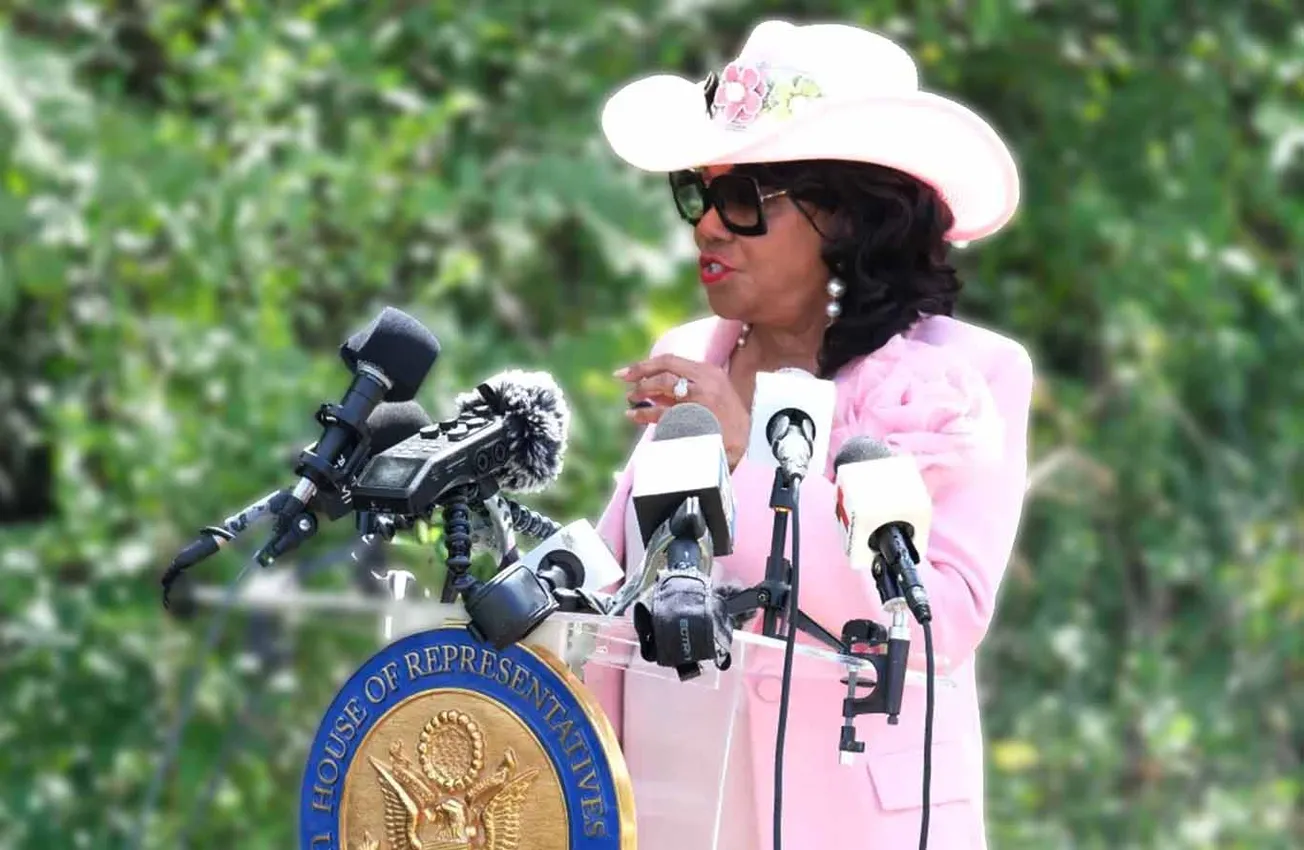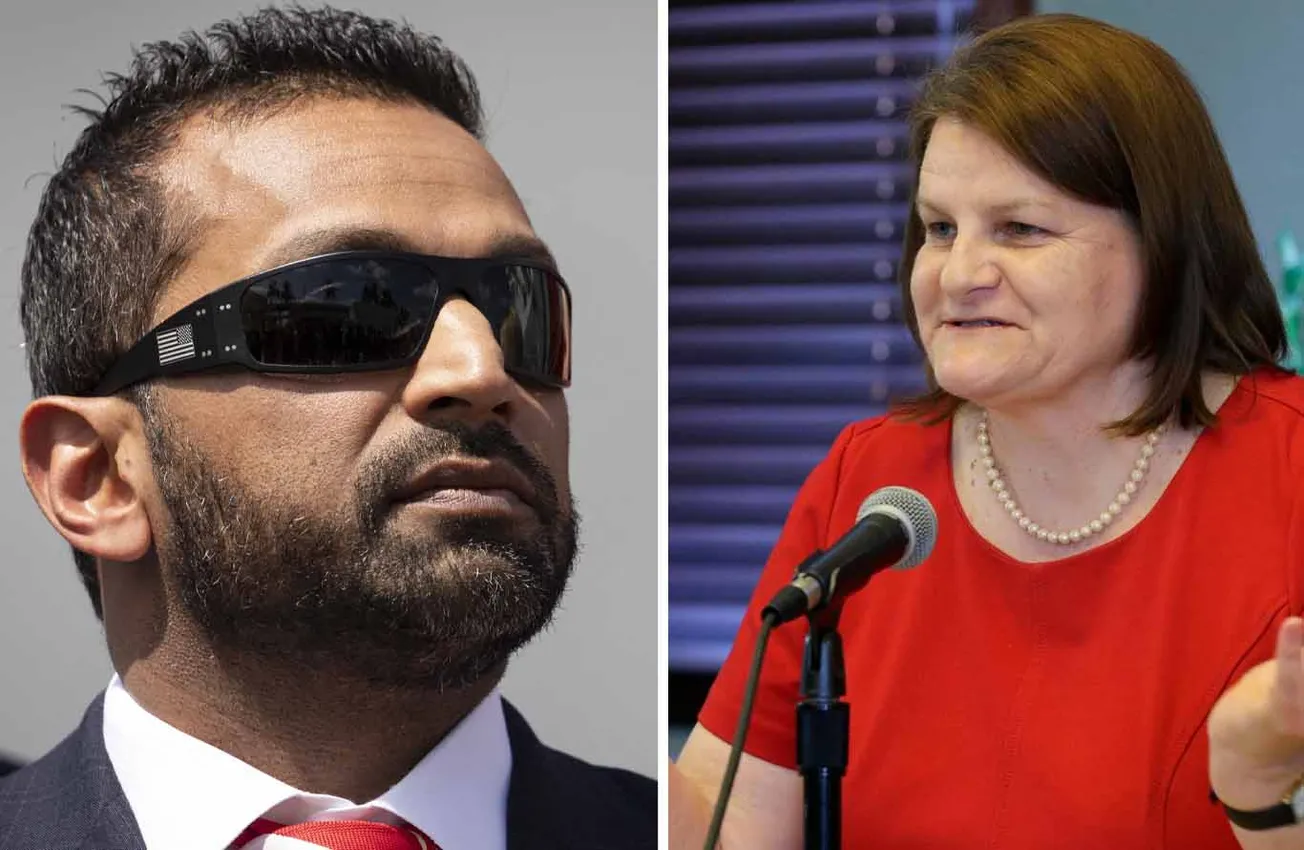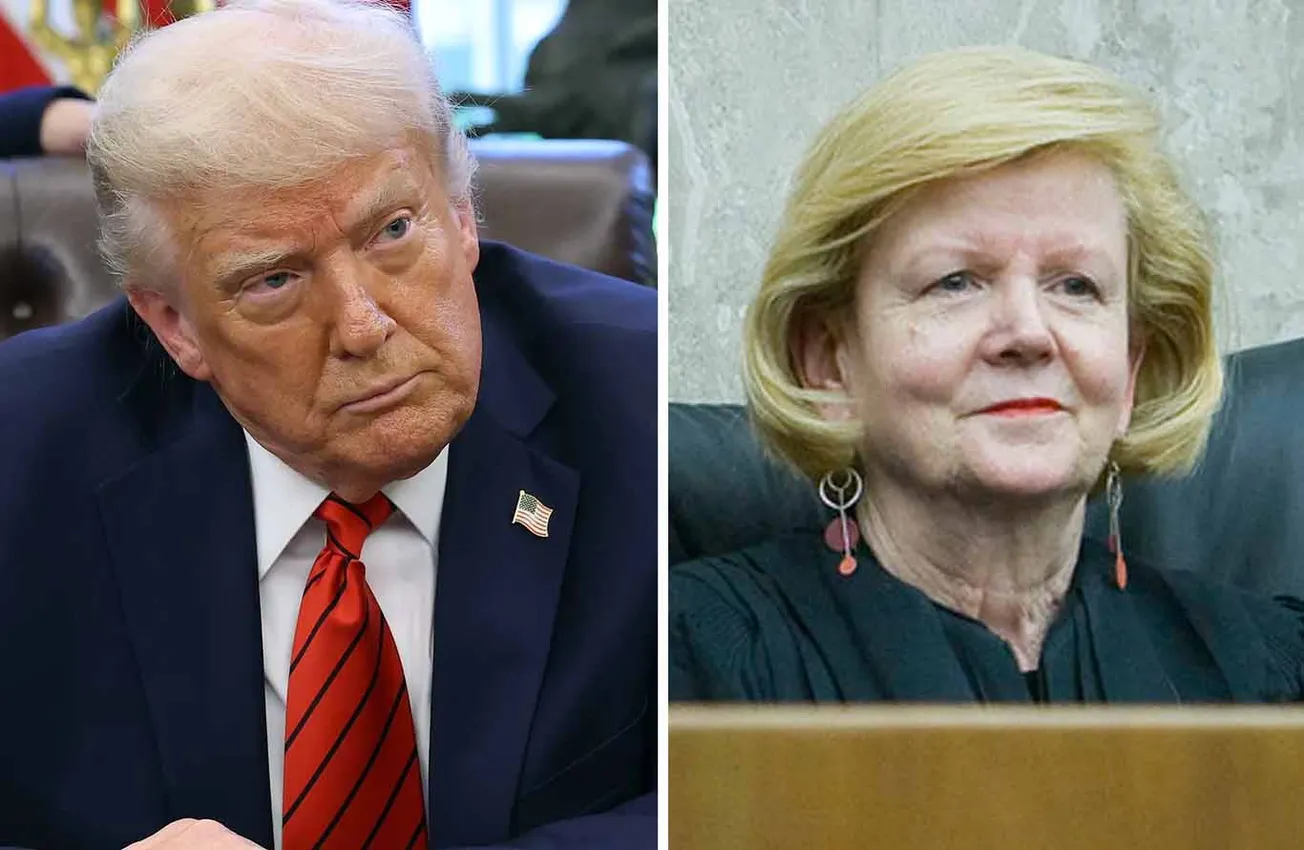As debates surrounding TikTok’s future in the United States reach a boiling point, a new and unexpected player has entered the scene.
Kevin O’Leary, famed “Shark Tank” investor, has partnered with billionaire Frank McCourt to launch “The People’s Bid for TikTok,” an ambitious effort to acquire the U.S. assets of the popular social media platform. This high-stakes endeavor unfolds against a backdrop of national security concerns, regulatory challenges, and a looming deadline for ByteDance, TikTok’s Chinese parent company, to divest its American operations.
O’Leary’s proposal has sparked intrigue and speculation about the implications for TikTok’s users, U.S.-China relations, and the broader tech industry. Could this be the moment when the United States reclaims control over one of the world’s most influential social media platforms?
TikTok’s Precarious Position in the U.S.
For years, TikTok has faced scrutiny from U.S. lawmakers over its ties to ByteDance, a Chinese company subject to Beijing’s stringent data-sharing laws. Critics argue that the app’s access to sensitive user data poses a national security risk, potentially allowing the Chinese government to monitor or manipulate American citizens.
In 2024, the Biden administration announced that ByteDance must divest TikTok’s U.S. operations by January 19, 2025, or face a nationwide ban. The decision followed months of bipartisan pressure from Congress and reports from intelligence agencies highlighting the risks of foreign influence on the app’s massive user base of over 150 million Americans.
ByteDance has resisted the mandate, arguing that it already complies with strict data privacy measures, including hosting U.S. user data on domestic servers through partnerships with Oracle. The company is also challenging the ban in the Supreme Court, citing free speech concerns and claiming that the app is being unfairly targeted.
The People’s Bid: O’Leary’s Vision for TikTok
Enter Kevin O’Leary, a business mogul known for his blunt, no-nonsense style and savvy investments. Partnering with Frank McCourt, a billionaire with a background in real estate and tech, O’Leary is leading a coalition to acquire TikTok’s U.S. operations. Dubbed “The People’s Bid for TikTok,” their proposal centers on transforming the platform into a decentralized, user-centric model.
O’Leary envisions a TikTok where users own and control their data, effectively monetizing their content and participation. This approach would leverage blockchain technology to enhance transparency and security, addressing the core concerns raised by U.S. lawmakers and the public.
“We want to make TikTok the most trusted platform in the world,” O’Leary said in a recent interview. “This isn’t just about buying an app; it’s about rebuilding it from the ground up to align with American values of privacy, free speech, and economic opportunity.”
The bid is not just bold—it’s expensive. O’Leary has expressed a willingness to invest up to $20 billion to acquire TikTok’s U.S. assets. However, ByteDance remains adamant that TikTok is not for sale, complicating the path forward.
The Algorithm Problem
One of the major hurdles for O’Leary’s bid—and any potential acquisition—is TikTok’s proprietary recommendation algorithm. This algorithm, which powers the platform’s addictive “For You” feed, is a critical component of its success. ByteDance has stated that it will not sell or transfer the algorithm to a U.S. buyer, citing Chinese export regulations that classify such technology as a national asset.
To navigate this challenge, O’Leary and McCourt have proposed creating a new algorithm from scratch, designed to comply with U.S. regulations and prioritize transparency. While this would be a monumental undertaking, it could ultimately set a precedent for how social media platforms operate in the United States.
The Role of the Supreme Court
As O’Leary and McCourt prepare their bid, the Supreme Court is gearing up to hear arguments about the constitutionality of banning TikTok. ByteDance’s legal team argues that a ban would violate First Amendment rights, framing the app as a platform for free expression. Opponents counter that national security concerns take precedence, particularly given the platform’s reach and influence.
The Court’s decision, expected shortly before the January 19 deadline, will have far-reaching implications. If the ban is upheld, ByteDance will be forced to either divest TikTok or withdraw from the U.S. market entirely, opening the door for O’Leary’s acquisition. If the ban is overturned, ByteDance could retain control, albeit under heightened scrutiny.
A Broader Question: Who Owns Data?
Beyond the legal and logistical hurdles, O’Leary’s bid raises a larger question: Who should control the data generated by billions of users worldwide? For years, social media platforms have profited from user data without offering transparency or equitable benefits. O’Leary’s vision of user-owned data marks a significant departure from the status quo.
By decentralizing TikTok, O’Leary hopes to empower users while mitigating the risks associated with centralized control by foreign entities. This model could redefine the relationship between platforms and their users, setting a new standard for privacy and accountability.
However, critics argue that decentralization comes with its own challenges, including the potential for fragmentation and reduced oversight. Additionally, it remains to be seen whether users would embrace such a model, particularly if it involves additional complexity or costs.
What’s at Stake?
For TikTok’s massive U.S. user base, the outcome of these developments will shape their experience on the platform and their access to it. A nationwide ban would undoubtedly spark backlash, particularly from younger users who rely on TikTok for entertainment, social connection, and even income.
For lawmakers, the stakes are even higher. The TikTok saga has become a litmus test for how the United States handles foreign influence in its digital economy. A successful acquisition by O’Leary and McCourt could serve as a blueprint for addressing similar challenges with other platforms, including those based in China.
Conclusion: A Bold Gamble
Kevin O’Leary’s bid to buy TikTok is as audacious as it is visionary. While the odds are stacked against him, his proposal represents a unique opportunity to address longstanding concerns about data privacy, national security, and platform accountability. Whether his vision will come to fruition remains uncertain, but one thing is clear: the future of TikTok in the United States is a critical battleground for the intersection of technology, politics, and global influence.
As the January 19 deadline approaches, all eyes will be on ByteDance, the Supreme Court, and O’Leary’s next move. For now, the world waits to see whether “The People’s Bid” will become a reality—or another missed opportunity in the ongoing struggle to balance innovation and security.
Please leave your opinions / comments on these stories below, we appreciate your perspective!








